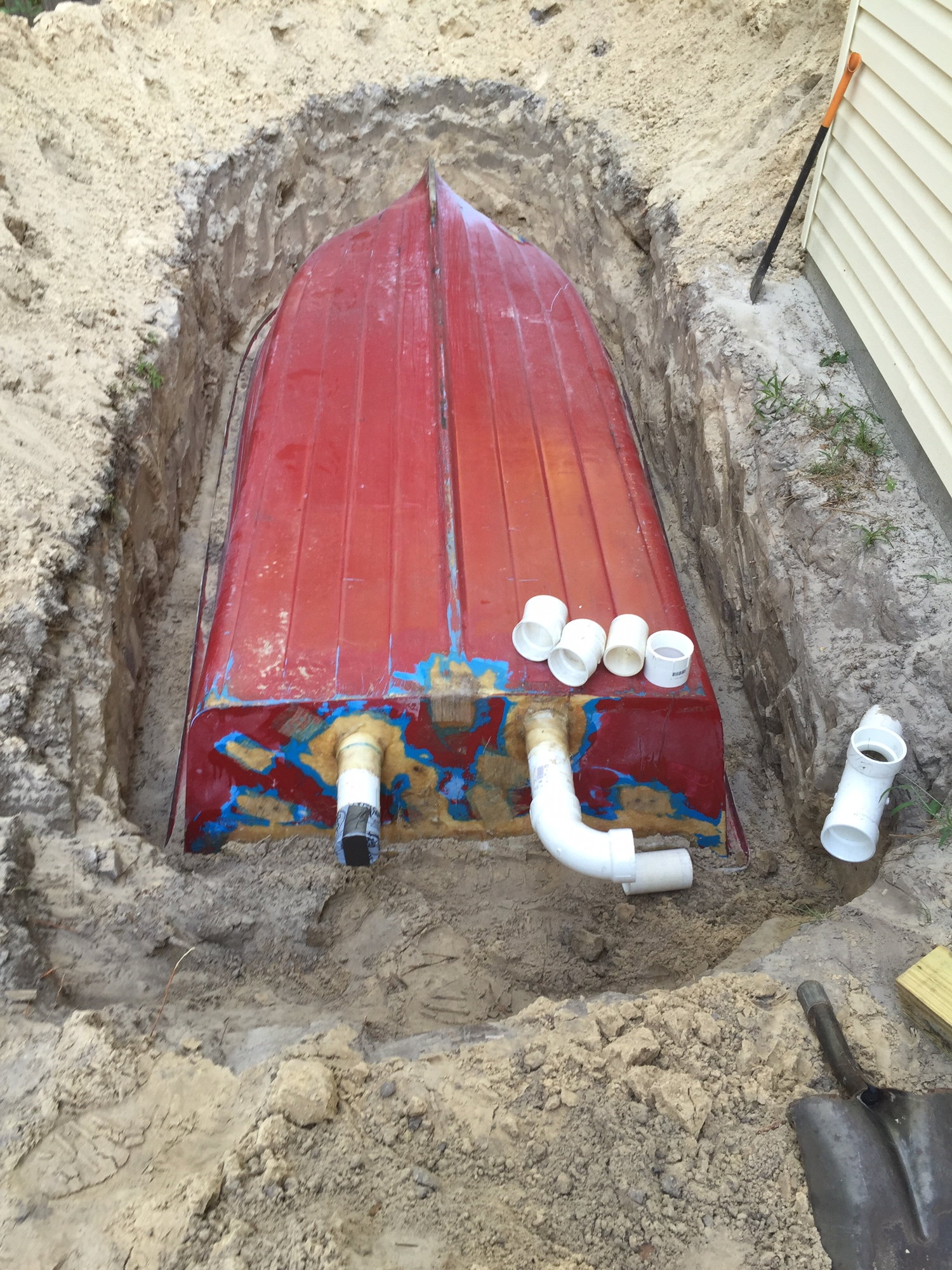Outdoor Septic Tank Smell Got You Down? Here’s the Quick Fix!
The unpleasant odor emanating from an outdoor septic tank can significantly impact the enjoyment of one's property. This pervasive smell not only creates an aesthetically displeasing environment but can also pose potential health risks. Addressing this issue promptly and effectively is crucial for maintaining a healthy and comfortable living space. This comprehensive guide provides a detailed examination of the causes of septic tank odors, preventative measures, and effective remediation strategies, ensuring a thorough understanding of this common problem and its solutions.
Understanding the Source of Septic Tank Odors
Before embarking on any remedial action, it is essential to pinpoint the precise source of the offensive smell. The odor is typically a result of the release of volatile organic compounds (VOCs) generated during the anaerobic decomposition of organic waste within the septic tank. These VOCs, including hydrogen sulfide, methane, and mercaptans, are responsible for the characteristic foul smell. Several factors contribute to the release of these gases, leading to an unpleasant olfactory experience.
Improper Tank Maintenance
Neglecting regular maintenance of the septic tank is a primary cause of odor problems. Regular pumping is crucial to prevent the buildup of solids and sludge, which can impede the proper functioning of the system. A full or overflowing tank puts immense pressure on the system, potentially forcing wastewater and gases to escape through cracks or poorly sealed components.
Faulty System Components
A malfunctioning septic system can be another significant contributor to odor issues. Cracks or leaks in the tank itself, the distribution box, or the leach field pipes can allow the escape of wastewater and gases, directly leading to unpleasant odors. Similarly, a clogged drain field prevents the proper filtration and absorption of wastewater, resulting in a backup and subsequent release of foul-smelling gases. Regular inspections of these components are vital to identify and address any potential problems proactively.
Improper Landscaping
The landscaping surrounding the septic tank can also contribute to odor problems. Planting trees or shrubs too close to the tank can damage the leach field and disrupt the proper functioning of the system. The roots can penetrate the pipes, causing blockages and leaks, leading to the release of gases. Similarly, heavy compaction of the soil around the tank can impede drainage and increase the pressure within the system.
Biological Factors
The biological processes within the septic tank itself can also influence odor production. An imbalance in the bacterial population can lead to incomplete decomposition of organic waste, resulting in the accumulation of odorous compounds. This imbalance can be caused by various factors, including the introduction of chemicals or substances that inhibit bacterial growth.
Preventative Measures: Proactive Odor Control
Preventing odor problems is far more efficient and cost-effective than attempting to remedy them after they have occurred. Implementing a comprehensive preventative strategy is crucial for maintaining a pleasant outdoor environment and preventing potential health risks.
Regular Septic Tank Pumping
Scheduling regular pumping is the cornerstone of preventative septic system maintenance. The frequency of pumping depends on factors such as household size and wastewater generation but should ideally be every 3-5 years. Professionals can assess the specific needs of your system and recommend an appropriate pumping schedule.
Proper Waste Management
Careful consideration of what is flushed down the toilet and disposed of in the drains can significantly influence the health of the septic system. Avoiding the disposal of excessive grease, fats, oils, and non-biodegradable materials is paramount. These substances can clog pipes and disrupt the biological processes within the tank, leading to odor problems and potentially more severe issues.
Regular System Inspection
Regular inspections by a qualified professional can help identify potential problems early on, before they escalate into major issues and associated odors. These inspections can uncover cracks, leaks, or clogs that may be contributing to the release of unpleasant gases. Early detection allows for timely repairs, preventing the development of more significant and costly problems.
Maintaining Proper Landscaping
Careful landscaping around the septic tank is crucial for preventing damage to the system and subsequent odor problems. Avoid planting trees or shrubs too close to the tank and leach field, as their roots can damage the pipes. Maintain adequate spacing to ensure proper aeration and drainage.
Remediation Strategies: Addressing Existing Odors
If unpleasant odors are already present, several remediation strategies can be employed to address the issue and restore a pleasant outdoor environment. These strategies should be implemented alongside preventative measures to ensure long-term odor control.
Professional Septic Tank Cleaning and Pumping
The most effective method for addressing existing odors is often professional septic tank cleaning and pumping. This involves removing accumulated sludge and solids, which are the primary sources of the offensive gases. This process will also allow for a thorough inspection of the tank and its components to identify any potential issues.
Repairing Damaged Components
If the inspection reveals damaged components, such as cracks in the tank or clogged drain field pipes, prompt repairs are necessary. These repairs should be carried out by qualified professionals to ensure the integrity and proper functioning of the system.
Odor Neutralizers and Bioaugmentation
Odor neutralizers are commercially available products that can temporarily mask or reduce unpleasant smells. However, these products only address the symptom and not the underlying cause. Bioaugmentation products, containing beneficial bacteria, can help to restore the balance of microorganisms within the septic tank, improving the decomposition of organic waste and reducing odor production. The effectiveness of these products depends on the specific nature of the odor problem.
Improving Soil Drainage
If poor soil drainage is contributing to odor problems, improving drainage around the tank and leach field may be necessary. This might involve installing a drainage system or amending the soil to improve its permeability. Professional consultation is recommended to determine the best course of action.
Addressing septic tank odors effectively requires a multi-pronged approach combining preventative measures and appropriate remediation strategies. By understanding the causes of the odor, implementing proactive maintenance, and addressing any existing problems promptly, you can ensure a pleasant and healthy outdoor environment free from the unpleasantness of septic tank smells. Regular professional maintenance is key to long-term success.






